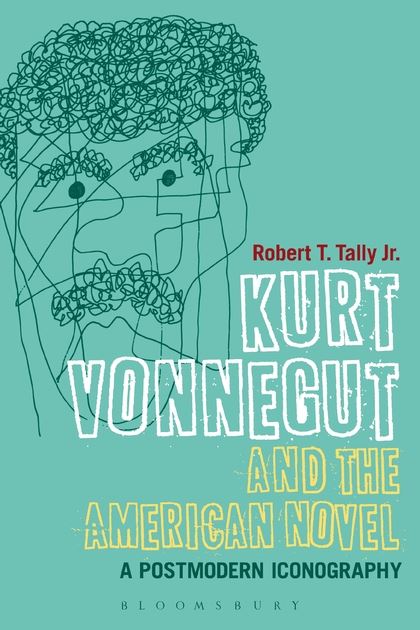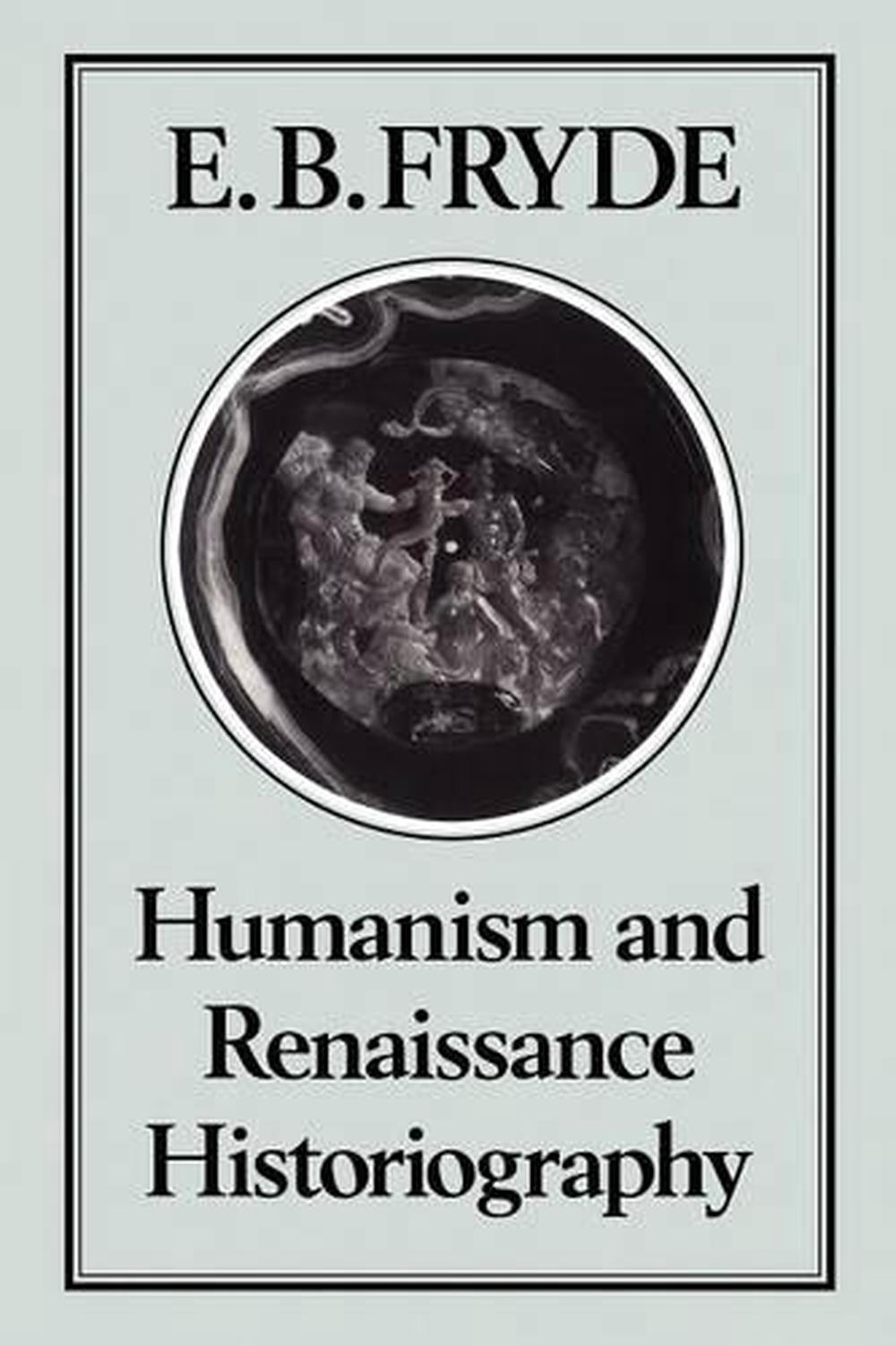

Its realm is social life and personal relations in a pluralist society. The development of the novel is thus bound up with increasing democratization, with a degree of improvement in the education and status of women and, indeed, with the whole liberal bourgeois ethos of the modern world. What especially appealed to such readers were fictionalized yet realistic life stories of heroes and heroines with whom they could identify, whose adventures they found to be both more thrilling and significant than their own and yet in some ways parallel to them. 2 Increased prosperity and middle-class literacy had given a far greater proportion of people the opportunity to lead reasonably comfortable and fulfilling lives. “The novel,” wrote Georg Lukács resoundingly, “is the epic of a world that has been abandoned by God.” According to Peter Faulkner, it is the “one secular literary form.” Ian Watt’s influential The Rise of the Novel (1957) presented the most detailed case for the genre as essentially realistic, its origins profoundly linked to the development of the modern secular world.

1Įxtreme though these views may seem, there is a sense in which the critical consensus about the novel that existed for many years might have been held to support them. The novel is practically a Protestant form of art it is a product of the free mind, of the autonomous individual. How many Roman Catholics have been good novelists? Even the handful one could name have usually been bad Catholics. The atmosphere of orthodoxy is always damaging to prose and above all, it is completely ruinous to the novel, the most anarchical of all forms of literature. In another well-known comment, George Orwell wrote that:

Sir Hugh Walpole once wrote that he was opposed to the spread of Roman Catholicism because it would be bad for the novel.

Introduction “Practically a Protestant Form of Art?”


 0 kommentar(er)
0 kommentar(er)
